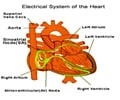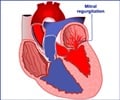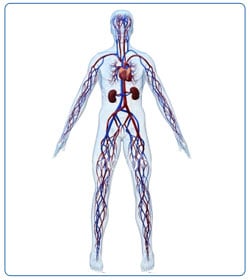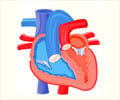Lifestyle
Most children after treatment can have a normal life; however remember certain precautions like a shot of antibiotics should be used before any surgery or dental procedures to prevent infection of the heart.
With modern treatment available to treat the septal defects, children with congenital septal defects can have a normal and active life. Uncomplicated septal defects does not cause any decrease in lifespan either. Regular check up is required with a pediatric cardiologist. Echocardiogram will be repeated periodically to either monitor small, unclosed septal defects or to check the efficiency of septal defect closure.
Arrhythmias are common in people with septal defects because a part of the heart’s electrical conduction travels through the septum. It is necessary to have regular checks to ensure there are no undiagnosed serious or frequent arrhythmias. Older adults with septal defects are more likely to have these rhythm problems. Sometimes they can be a complication of surgery as well.
Children may not have any restrictions in activity after closing their hole in the septum. There will not be any impedance in growth or development either.
Antibiotics should be used before any surgery or dental procedures to prevent infection of the heart.
Patients, who undergo device septal closure, need to be on blood thinners (e.g. aspirin) to prevent loose blood clots inside the heart chambers.
In the United States, there are about one million adults with congenital heart defects. Because of the advancements in technology and cardiac surgery, these adults are treated and now lead a normal or near normal life. This might not have been possible a few decades ago. All adults with and without successful repairs are advised to follow up regularly with their physicians.
Women who are pregnant or taking pregnancy into consideration should be under care of adult cardiologists who also specialize in congenital heart diseases.

















